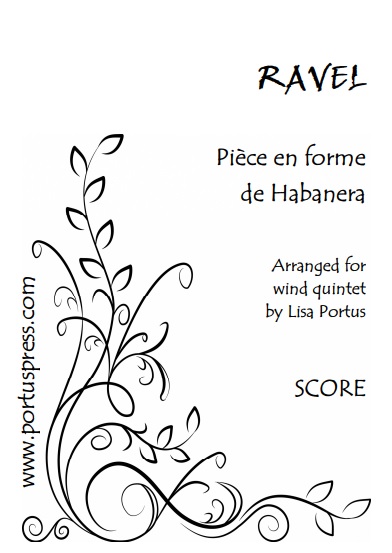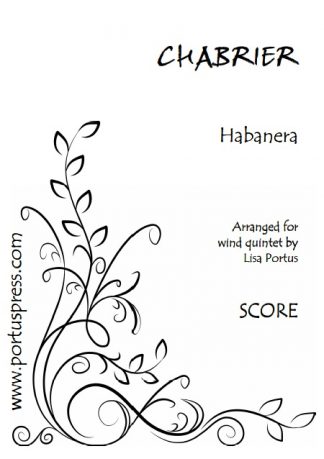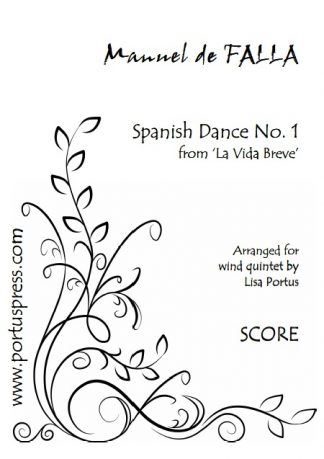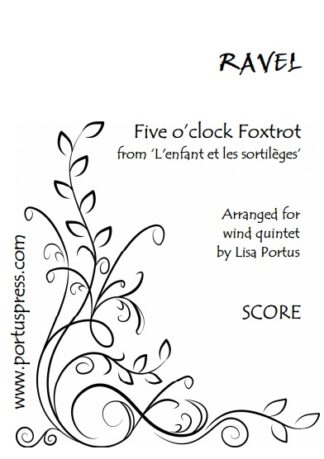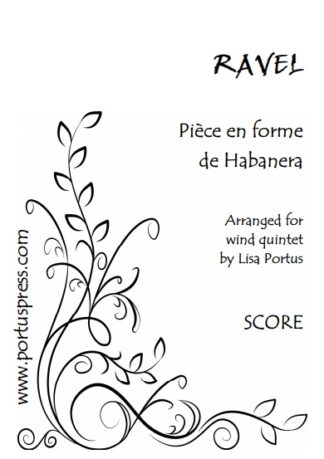Description
Maurice Ravel originally composed Pièce en forme de Habanera as a wordless (and very demanding) Vocalise-étude (singing study) in 1907. As was the trend amongst many French composers at the time (including Debussy) Ravel drew inspiration from the music of Spain. Unlike Debussy (who only visited Spain for one day), Ravel did at least have Spanish ancestry on his mother’s side!
As the name suggests the piece is modelled on the habanera – a slow, sultry Spanish dance. Actually, the habanera originated in France (as the contradanza), before developing into the habanera in Cuba in the 19th century and then being ‘reimported’ back to Spain. The distinctive habanera rhythm is present throughout much of the piece against which weaves the seductive melody line.
Ravel never orchestrated the piece (owing to a dispute with his publisher) but he did transcribe it for cello and piano. Since then, there have been numerous arrangements for a broad range of instruments and ensembles and the piece has enjoyed lasting success.
In this arrangement each player has a share of the melody line.
Also available for wind quintet and piano.

